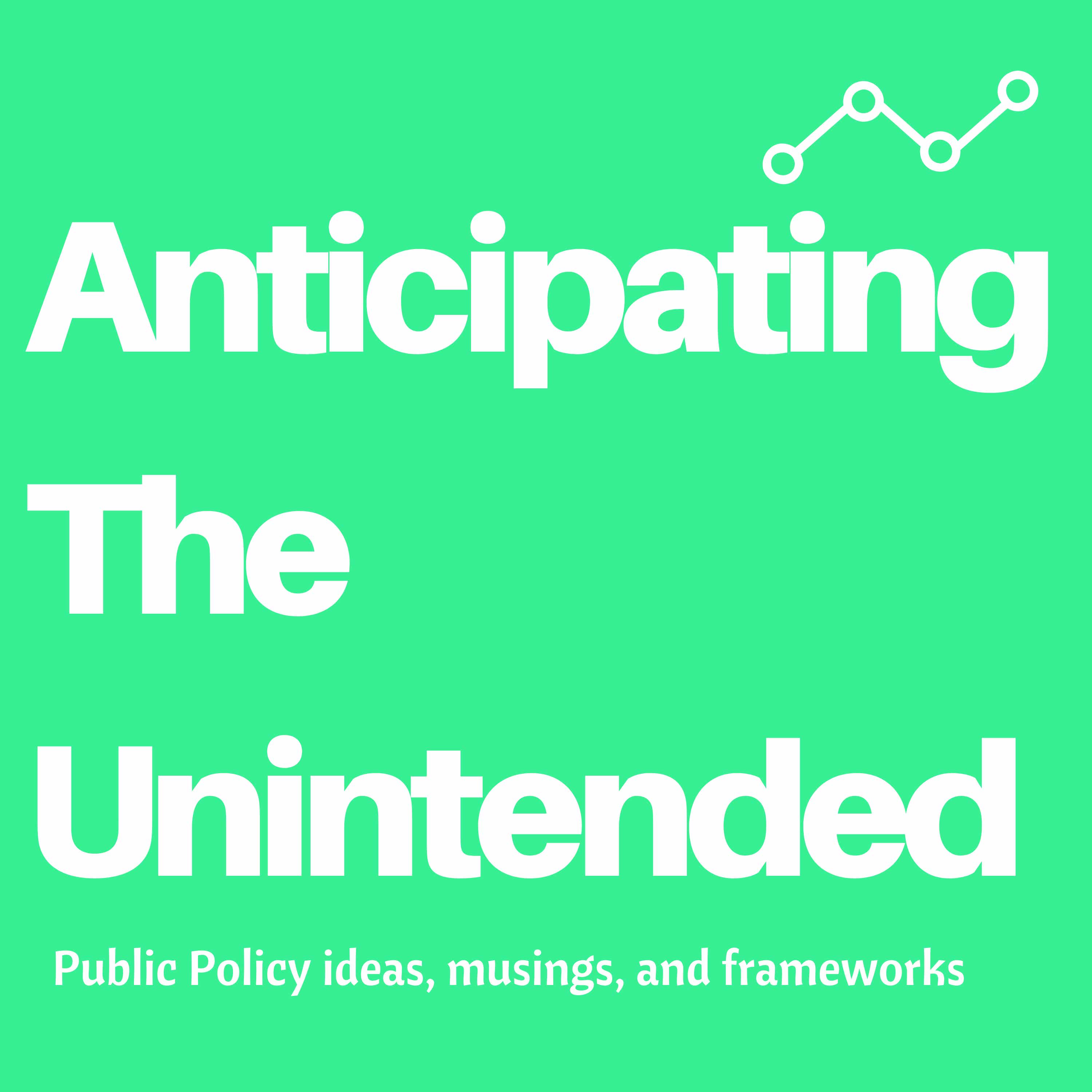#208 Go Shape the Molten Metal Now*
Description
India Policy Watch #1: How Not to Let the Opportunity Slip Away
Insights on issues relevant to India
— RSJ
A strange thing happens when you are away on a break. One week you are sitting and wondering how many different things you can write about because of the flurry of events around you. US banks getting into trouble, Rahul Gandhi being denied bail, more curbs on US companies doing business in China, frenetic moves in semiconductor politics - you get the picture. And then you take a break. And everything slows down. First Republic Bank doesn’t implode in a matter of hours like SVB. Instead, it drags its feet in a slow-motion death spiral. RBI pauses on its rate increases. Janet Yellen pulls back on US hostility towards China while cooing about how the two economies need one another. Things go to a standstill when you stop looking at the world with a weekly columnist’s gaze. It is like the vibe of a still summer day in India takes over everything. Nothing moves. Once back, what does one write about? Well, thematically, there isn’t any one thing that will do right now. So, I guess I will cover a few areas that could be of interest.
The big story out of India last week was that we might have overtaken China in the population sweepstakes. This was kind of inevitable, and a million people here or there doesn’t make a difference in the larger scheme of things. Yet, it is as good a moment as any to reflect on that elusive thing called the India opportunity. Now, we have devoted multiple editions to why having more people is a good thing. Somewhat to my relief, a lot of commentary in the last week has echoed this sentiment. There’s the usual comparison of the relatively younger demographics in India with that of China and the advantage of being more aligned geopolitically with the West. And, of course, the governments in India don’t do terribly arbitrary things like China did in the past couple of years to the tech sector. On this last point, I have my views, but we are using a really broad brush here, so I will let it pass. The general tone of these articles is that this is India’s opportunity to lose—a far cry from my school days when the population was seen as a problem. I have three points to make in this context which are a bit different from the usual view of what India should do not to let this opportunity slip.
First, there’s the usual prescription that India should industrialise faster to take advantage of this dividend and avoid the middle-income trap. My usual take on this is how well do we know why India couldn’t industrialise faster in the last 20 years when China took off. It is not like this is a fresh insight that wasn’t known to policymakers then. So, what gets in the way of India to industrialise? My short answer will always be the state. Despite all the hype around Make in India and the rising ease of doing business rankings, it is still quite difficult to start and run a business in India. The state is deeply entrenched in controlling capital in India, and it enjoys the arbitrary power that it has over them that it is impossible to change this with just better optics of ‘single window’, tax holidays or investment roadshows. In the last two decades, the state has retreated a bit in some areas, but paradoxically, with greater digitisation, it has more information and, therefore, greater power over industry.
My general contention is that the state can continue with its welfarism (or whatever else you may call it) on the social and political front, but for India to industrialise, the state has to retreat on the economic control it wields. This looks very difficult today because the state’s first goal is to perpetuate itself. It will require the PM to go back to some of his campaign promises of pre-2014 with real conviction. All Indian politicians of a certain vintage are instinctively socialist. And as the farm reforms saga showed, even a small vocal minority can derail a progressive
More Episodes
Prediction Time
—RSJ
In a year when countries as diverse as India, the United States, the United Kingdom, Russia, Taiwan, Pakistan and Palau go for their elections, it is tempting to go for an overarching theme for the year while looking ahead. Unfortunately, like these aforementioned elections...
Published 01/14/24
Published 01/14/24
Happy New Year
— RSJ
Happy 2024, dear readers!
We hope 2023 was good for all of you. If it wasn’t, we are glad that it’s behind you. We didn’t have too bad a 2023 ourselves. This newsletter went along swimmingly (or so we think) and we had our book ‘Missing in Action: Why You Should Care About...
Published 01/07/24


